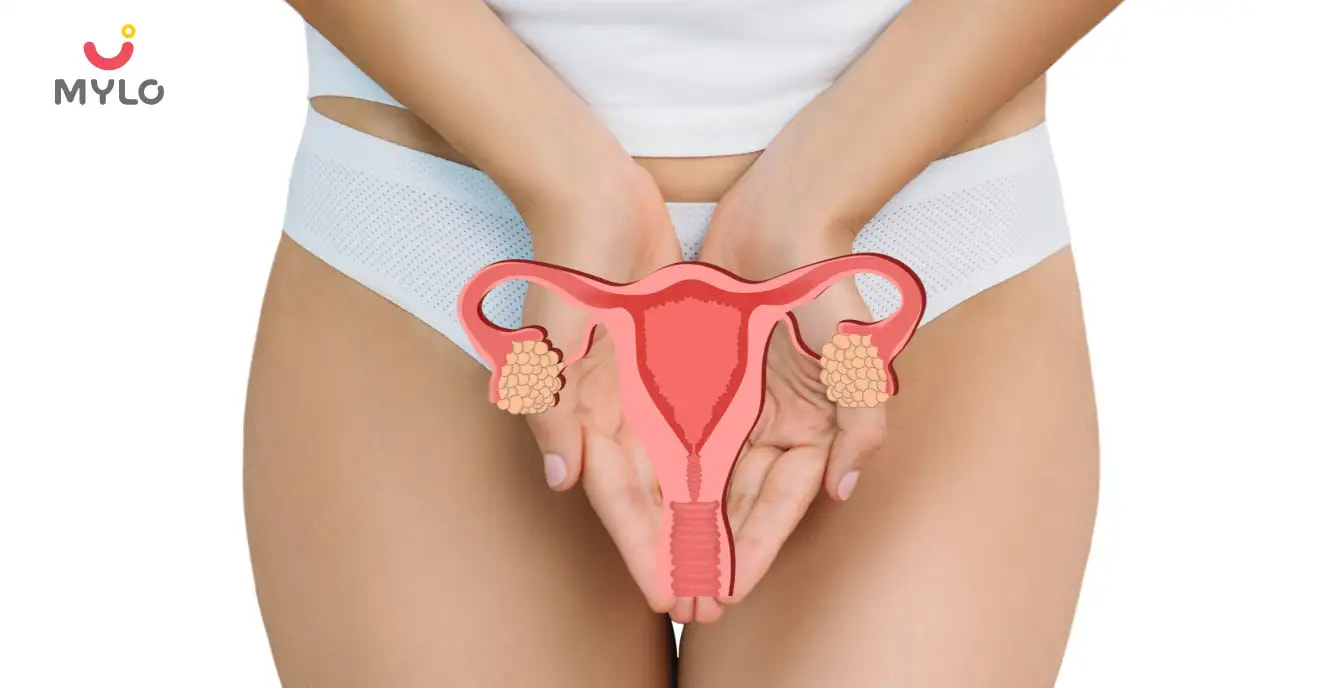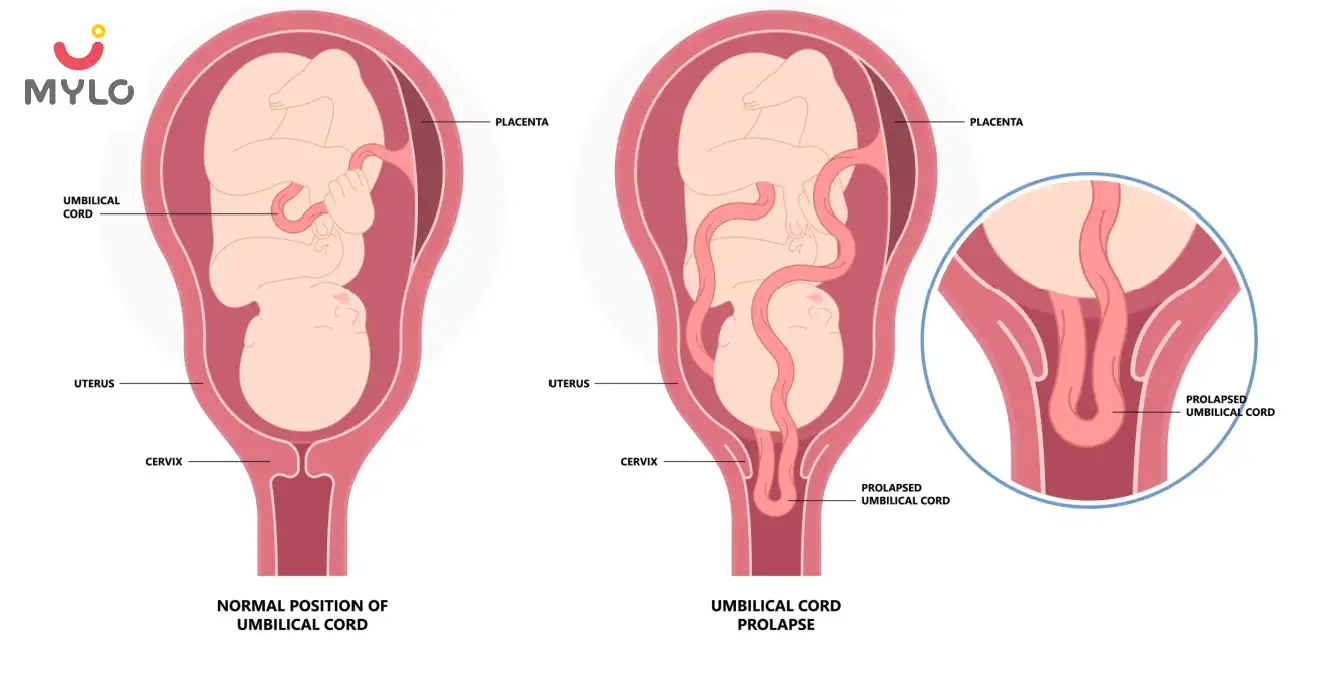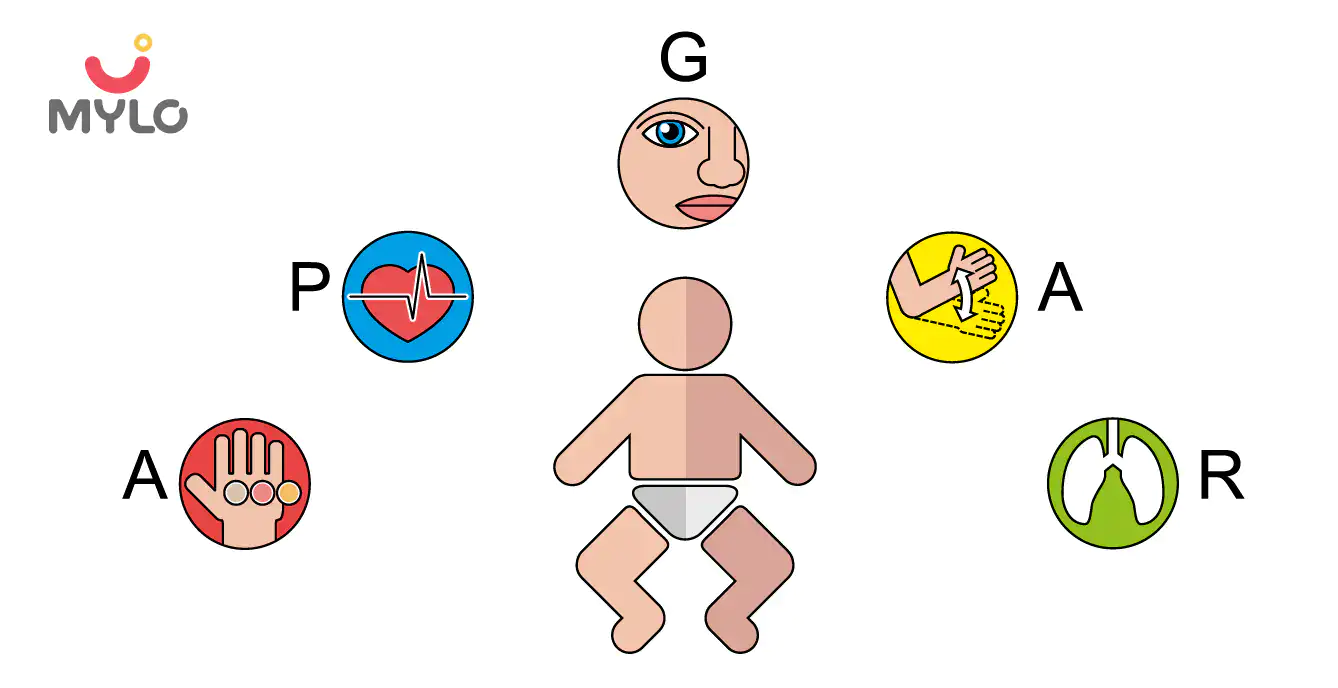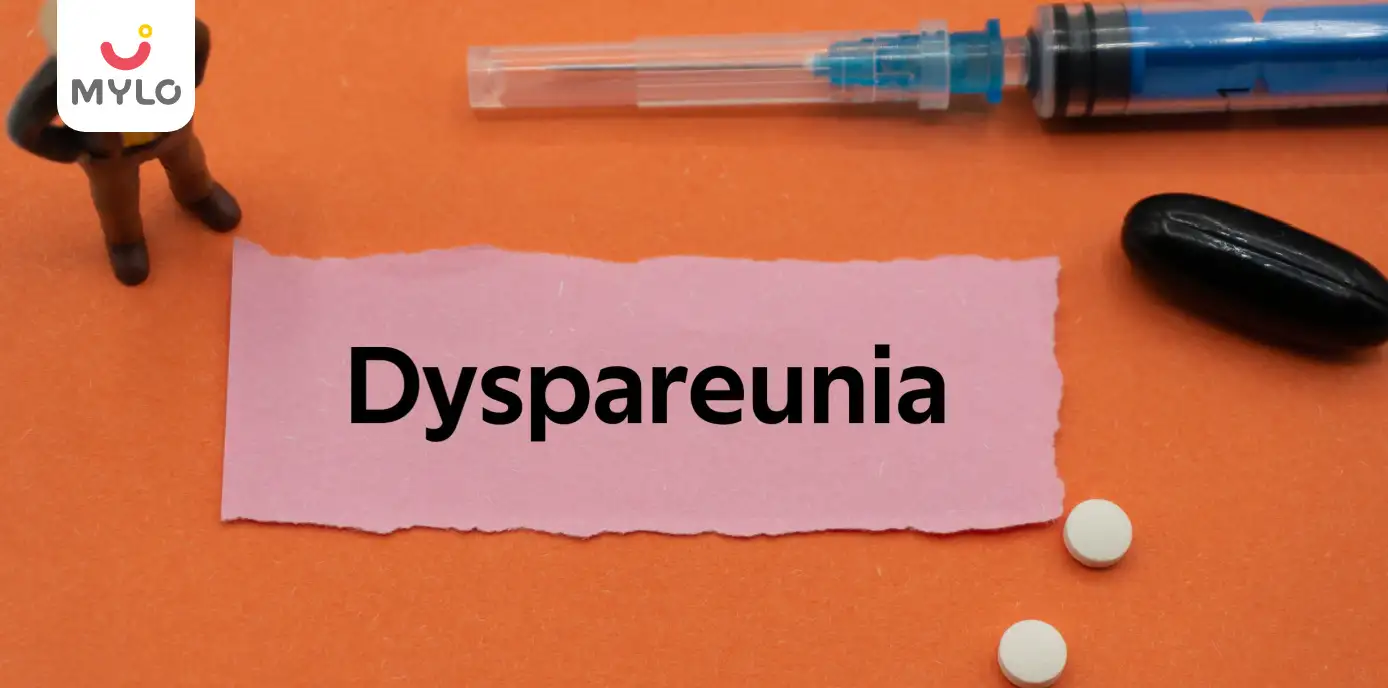Home

Love, Sex & Relationships

Loose Vagina: Learn How To Tighten Your Vagina Naturally
In this Article

Love, Sex & Relationships
Loose Vagina: Learn How To Tighten Your Vagina Naturally
Updated on 8 May 2023
How to tighten your vaginal naturally? Regarding the vagina, there are plenty of myths and conceptions. For example, some individuals believe that vaginas can lose their elasticity and become loose forever, which is invalid. Your vagina is elastic and meant to stretch to accommodate things coming in or going out. But it won't take long for the vagina to return to its previous shape. But your vagina may become slightly loose as you age or have kids. However, the muscles expand and retract like an accordion or a rubber band.
What Is the Meaning Of A Loose Vagina?
Loose vagina or vaginal laxity is a condition during which the vagina of a woman becomes less elastic and flexible. The vagina is a canal that extends from the vulva (the outer part of the female genital area) to the cervix (the neck of the uterus or the womb). Vaginal laxity arises due to the loss of muscle tone in the vagina, which usually happens due to menopause, urine leaks, and in extreme cases, a life-threatening condition known as prolapse that leads to the internal organs shifting out of their place.
What Causes A Loose Vagina?
Various things may cause vaginal tightening.
Pregnancy and childbirth: The number one cause of a vast vagina is vaginal birth, when the baby travels through the cervix and out through the vagina, which must stretch to enable the baby through. Most women can tone their vaginal muscles by performing regular pelvic floor exercises. Still, this body part often doesn't return to its original state by doing Kegel exercises alone.
Age: Age is another crucial factor in whether a woman has a loose vagina. As we age, our muscle tone and skin elasticity naturally weaken in all body parts, including the vagina. This age-related alteration in vaginal elasticity starts when a woman hits her 40s. Also, this co-occurs when estrogen levels begin to drop in perimenopause.
Low estrogen levels: As women age, estrogen levels decrease, which naturally affects a woman's vagina. Lower estrogen levels cause the vaginal tissue to become drier and thinner, eventually losing its elasticity. Around 50% of women report noticeable laxity of the vagina after menopause due to reducing estrogen levels.
Other health issues or certain medications may also cause estrogen levels to lower. Drugs that comprise anti-estrogen properties include tamoxifen, which treats and prevents breast cancer; medroxyprogesterone, which treats abnormal uterine bleeding; and nafarelin, which treats the symptoms of endometriosis.
Illness: Certain gynecological cancers, pelvic surgery, injury, and other medical disorders may be responsible for a loose vagina. Chemotherapy or radiation therapy for cancer can result in decreased ovarian functioning, which may affect vaginal laxity.
Symptoms Of Loose Vagina
Some symptoms of a loose vagina include:
-
Broader vagina.
-
Vaginal dryness.
-
Thinner vaginal tissue.
-
Less stretchy vaginal tissue.
-
Pain during sex.
-
Urinary incontinence or passage of wind.
-
Constant urge to urinate or pee.
-
Pain in the pelvic area(below the stomach or abdomen).
How To Tighten Your Vagina Naturally?
How to tighten the vagina? The pelvic floor muscles enclose the vagina, holding the vagina, womb, rectum, and bladder in place. The vagina can feel less tight as the muscles loosen. Some exercises can tighten the pelvic floor muscles, make a difference in how the vagina feels, and improve your overall health.
Strong pelvic floor muscles can help prevent incontinence and organ prolapse, which happens when organs slip out of place. Kegel's are the most common kind of pelvic floor exercise. Some vaginal tightening home remedies are pelvic floor exercises and Kegels. They are discreet and straightforward to perform using the following steps:
-
Find the right muscles: Try to halt the urine flow when urinating. The muscles you use are pelvic floor muscles. However, regularly performing Kegels can be bad for bladder health.
-
Choose a time: Select a quiet moment to relax and concentrate on gently the pelvic floor muscles.
-
Hold: Once contracting these muscles feels normal, squeeze and hold the position. Gradually, try to keep the squeeze for 10 seconds.
-
Release: Slowly release the muscles for 3 seconds.
-
Build: Build up to performing this exercise 10 times in a row.
The rest of the body should feel comfortable. Do not contract other muscles, such as those in the abdomen or buttocks. While doing Kegels, breathe as usual. Try to do 2-3 sets of 10 Kegels three times each day. As with all exercise, it can consume time to build strength, and it may take up to 6 months to see a difference.
Myths Of A "Loose Vagina"
First things first: There is no such stuff as a "loose" vagina. Your vagina may change due to age, childbirth, and illness, but it won't lose its stretch entirely. People are shamed historically for their sex lives using the myth of a loose vagina. But it doesn't matter who you have sex with or how often. Penetration won't lead to your vagina stretching out permanently.
Vagina Changes with Time
Only two things can affect the elasticity of your vagina: age and childbirth. Over time, delivery and 'age' could potentially result in a slight natural loosening of your vagina. Also, women with more than one vaginal birth are more prone to weakened vaginal muscles.
You may notice a change in your vagina's elasticity beginning in your 40s. That's because estrogen levels will drop as you enter the perimenopause stage. Losing estrogen indicates your vaginal tissue will become thinner, drier, less acidic, and less stretchy or flexible.
How To Strengthen The Muscles In Your Cervix?
You can strengthen your cervix muscles by doing Kegel and pelvic tilt exercises.
The steps to perform the Kegel exercise are as follows:
-
An individual must identify the pelvic floor muscles by stopping midway while urinating.
-
After identifying the pelvic floor muscles, select a position for performing the level exercises.
-
Tighten the pelvic floor muscles and keep this contraction for about 5 seconds. Then, relax for about 5 seconds.
-
Repeat it a few times.
The steps to perform pelvic tilt exercise are as follows:
-
One should stand upright with the shoulders and butt against the wall.
-
Hold both knees soft.
-
It would help if you pulled the belly button towards the spine while flattening the back against the wall and held this for 5 seconds.
-
Repeat a few times, up to five times a day.
Summary
After childbirth or during ageing, the vagina may differ. Despite certain myths, sex does not cause a loose vagina. Also, the vagina's tightness or looseness is not related to how many people you've slept with. Unless you're experiencing symptoms of pelvic floor weakness like incontinence and lower back pain, your vaginal tightness is probably not something you need to worry about.
You may also like: Causes of itching & foul smell from vagina & how to get rid of it



Written by
Khushboo Jain
Get baby's diet chart, and growth tips

Related Articles
RECENTLY PUBLISHED ARTICLES
our most recent articles

Umbilical Cord Complications
Umbilical Cord Prolapse Causes, Symptoms & Treatment

Symptoms & Illnesses
Bipolar Disorder: Causes, Symptoms, Risks & Treatment

Illnesses & Infections
Sinus Infection During Pregnancy Causes & Treatment

Growth & Development
Intrauterine Growth Restriction (IUGR) in Pregnancy

Growth & Development
APGAR Score: Meaning & How it is Performed

Love, Sex & Relationships
Dyspareunia (Painful Intercourse): Causes & Treatment
- Short Bowel Syndrome: Causes, Symptoms, and Treatment
- Pelvic Inflammatory Disease (PID): Symptoms, Causes & Treatment
- Lightning Crotch in Pregnancy: All You Need to Know
- Vaginal Dilator: Learn its Types & How To Use It?
- Infected Umbilical Cord: Symptoms, Treatment And Prevention
- Is Hair Fall Normal in Pregnancy
- Syphilis: Symptoms, Causes, Risks & Treatment
- Congenital Heart Disease: Symptoms, Causes & Treatment
- Fetal Echo Test in Pregnancy: A Diagnostic Tool for Detecting Heart Defects in the Womb
- Bedwetting (Nocturnal Enuresis): Causes, Symptoms & Treatment
- Birthmark: Types, Causes, Risks & Treatment
- Behaviour Therapy: Benefits, Types & Techniques
- How Long Does Breast Milk Last at Room Temperature?
- Thrush: Causes, Symptoms, Treatment, and More


AWARDS AND RECOGNITION

Mylo wins Forbes D2C Disruptor award

Mylo wins The Economic Times Promising Brands 2022
AS SEEN IN

- Mylo Care: Effective and science-backed personal care and wellness solutions for a joyful you.
- Mylo Baby: Science-backed, gentle and effective personal care & hygiene range for your little one.
- Mylo Community: Trusted and empathetic community of 10mn+ parents and experts.
Product Categories
Baby Carrier | Baby Soap | Baby Wipes | Stretch Marks Cream | Baby Cream | Baby Shampoo | Baby Massage Oil | Baby Hair Oil | Stretch Marks Oil | Baby Body Wash | Baby Powder | Baby Lotion | Diaper Rash Cream | Newborn Diapers | Teether | Baby Kajal | Baby Diapers Pants | Cloth Diapers | Laundry Detergent | Lactation Granules |




